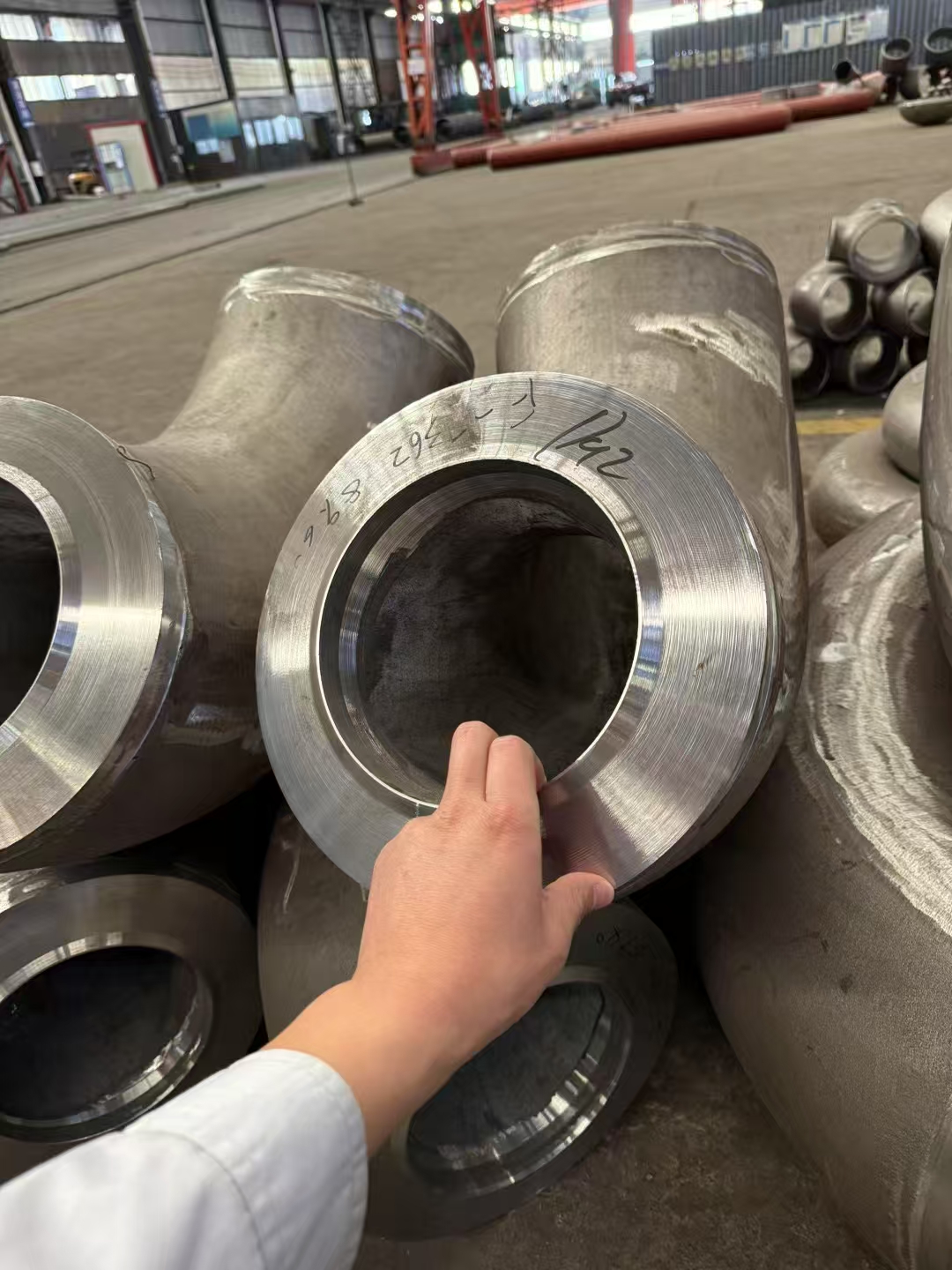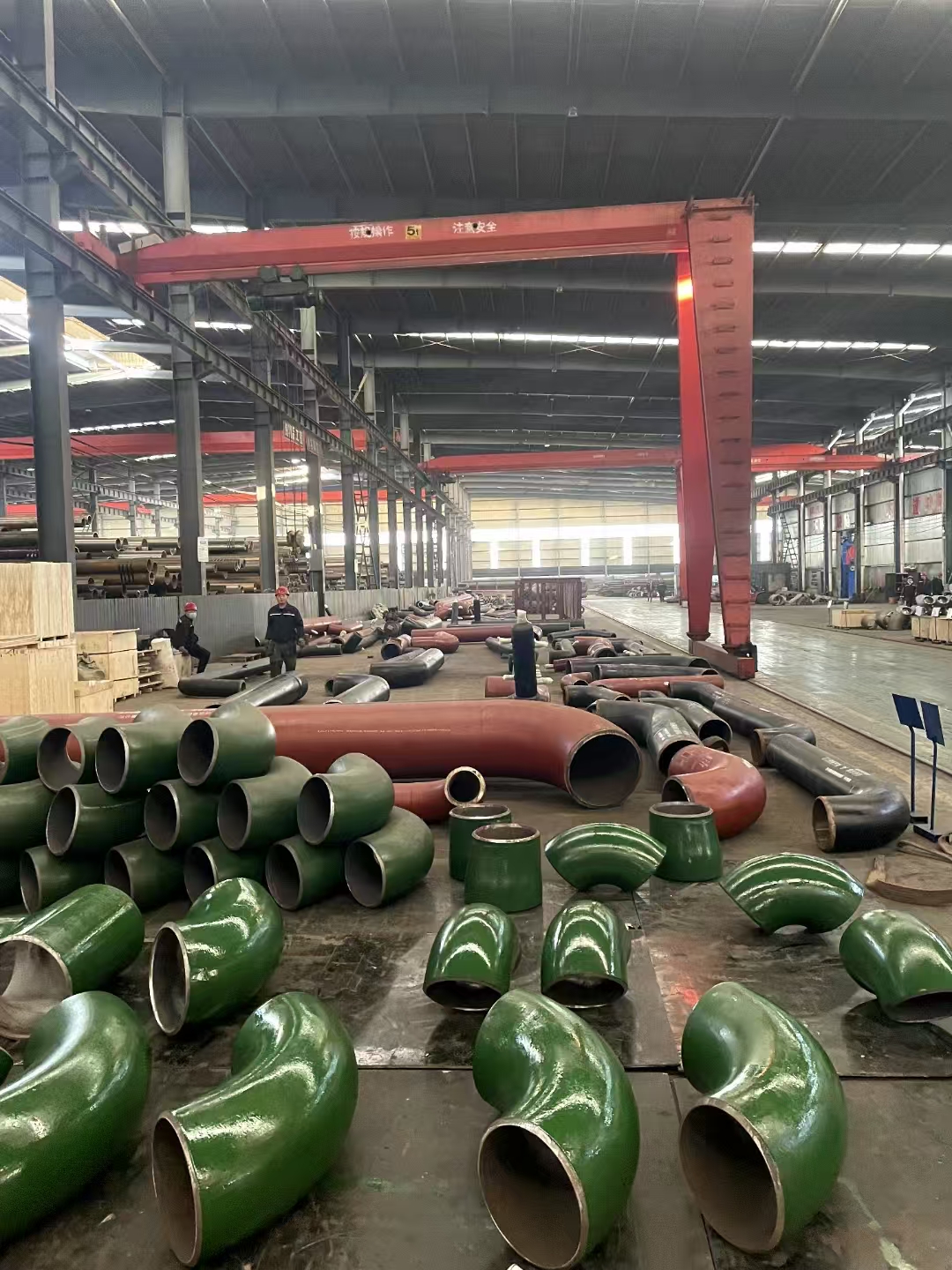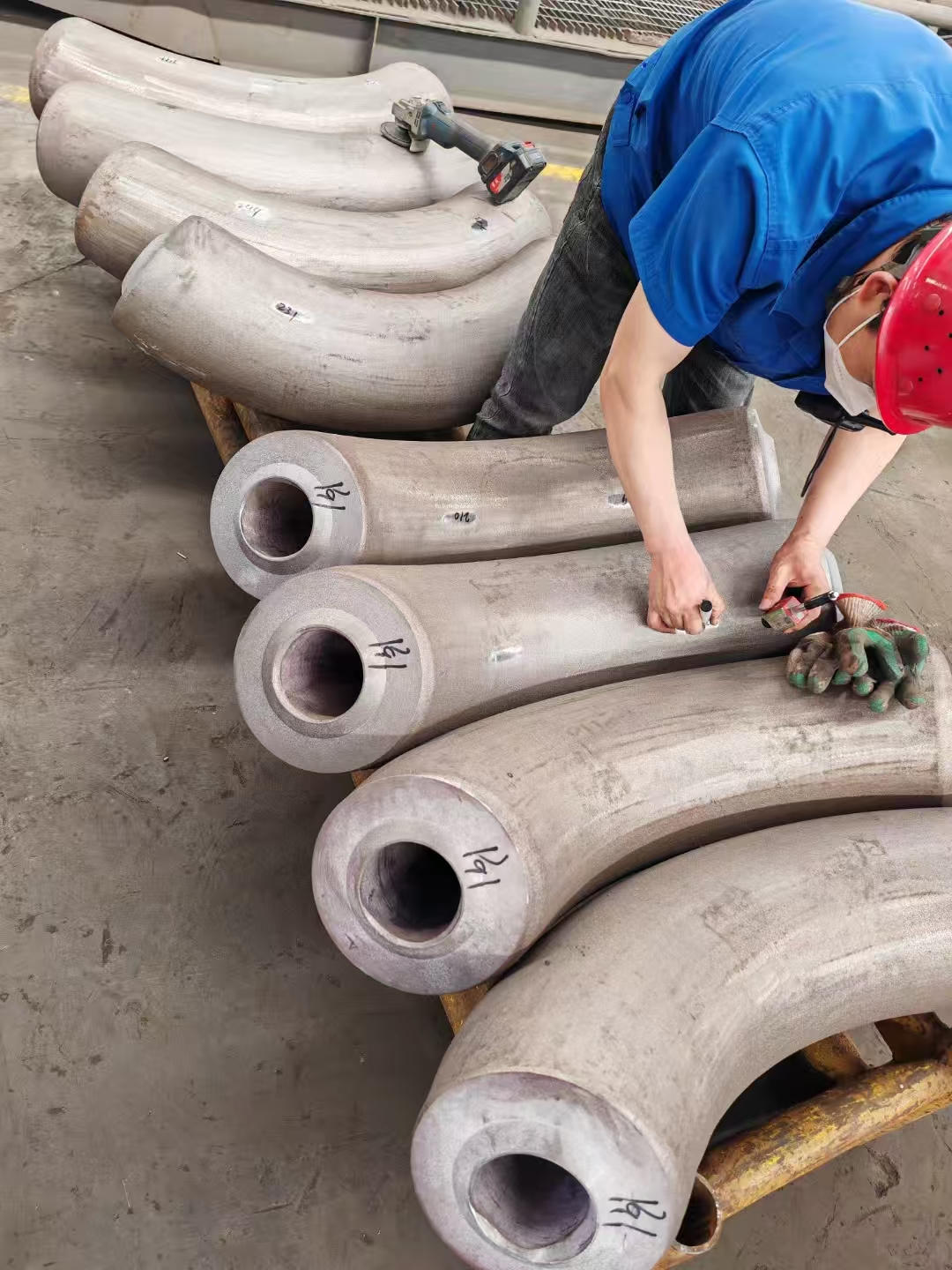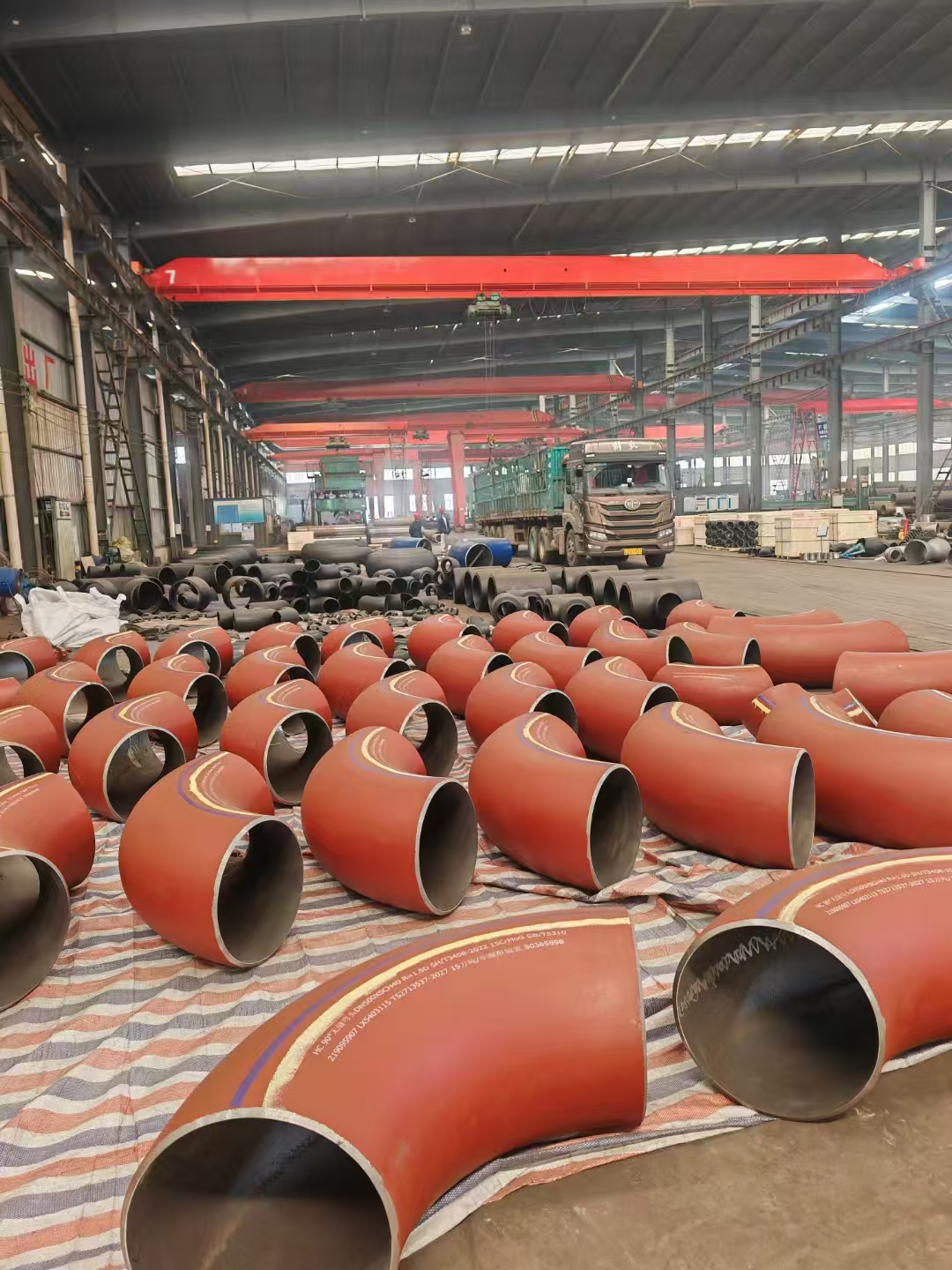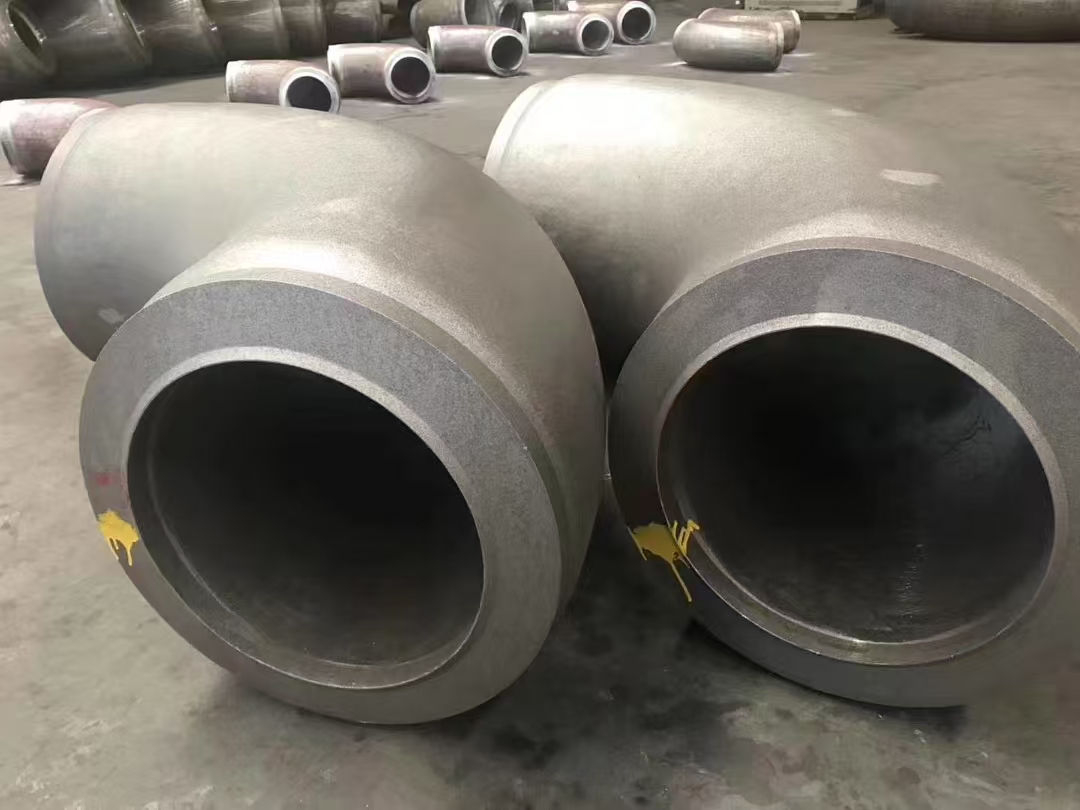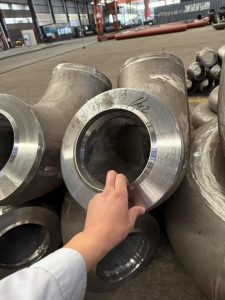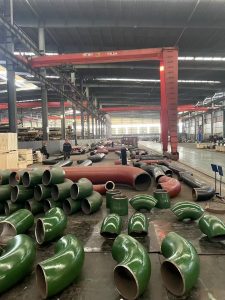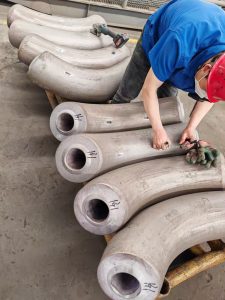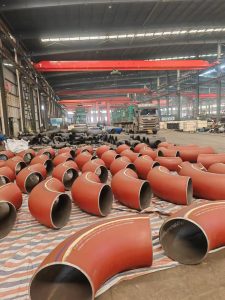Alloy 28 (UNS N08028) is a nickel-iron-chromium alloy with additions of copper and molybdenum, designed for superior corrosion resistance in highly aggressive environments. It is part of the **super austenitic stainless steel** family and is often used in applications involving sulfuric acid, phosphoric acid, and other corrosive media. Alloy 28 forged flanges are widely used in industries such as chemical processing, oil and gas, and marine engineering due to their excellent resistance to pitting, crevice corrosion, and stress corrosion cracking (SCC).
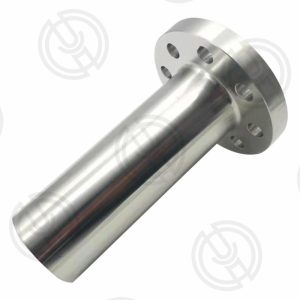
### **Key Features of Alloy 28:**
1. **Corrosion Resistance**:
– Excellent resistance to sulfuric acid, phosphoric acid, and chloride-containing environments.
– High resistance to pitting, crevice corrosion, and stress corrosion cracking (SCC).
2. **High Strength**:
– Maintains good mechanical properties at both high and low temperatures.
3. **Weldability**:
– Can be welded using common welding techniques, though post-weld heat treatment (PWHT) may be required for certain applications.
4. **Versatility**:
– Suitable for use in highly corrosive environments, such as chemical processing, offshore, and marine applications.
—
### **Applications of Alloy 28 Forged Flanges:**
– **Chemical Processing**: Used in reactors, heat exchangers, and piping systems handling sulfuric acid, phosphoric acid, and other corrosive chemicals.
– **Oil and Gas**: Ideal for offshore platforms, subsea equipment, and pipelines exposed to sour gas (H₂S) and chloride-containing environments.
– **Marine Engineering**: Used in seawater handling systems, desalination plants, and shipbuilding.
– **Pollution Control**: Suitable for flue gas desulfurization (FGD) systems and other environmental protection equipment.
—
### **Standards and Specifications:**
– **ASTM B462**: Covers forged or rolled UNS N08028 alloy flanges, fittings, valves, and parts for corrosive service.
– **ASME SB462**: Equivalent to ASTM B462 for use in ASME Boiler and Pressure Vessel Code applications.
– **EN 10028-7**: Covers flat products made of nickel and nickel alloys.
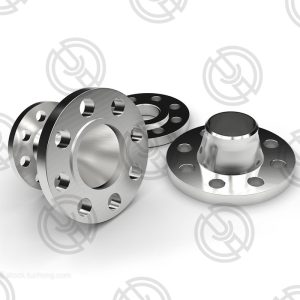
### **Mechanical Properties of Alloy 28:**
| Property | Value |
|—————————|————————————|
| **Tensile Strength (Rm)** | ≥ 620 MPa |
| **Yield Strength (Rp0.2)** | ≥ 270 MPa |
| **Elongation (A5)** | ≥ 30% |
| **Hardness** | Typically 150–220 HB |
—
### **Chemical Composition of Alloy 28 (UNS N08028):**
| Element | Composition (%) |
|—————|———————————-|
| **Nickel (Ni)** | 30.0–34.0 |
| **Chromium (Cr)** | 26.0–28.0 |
| **Iron (Fe)** | Balance |
| **Copper (Cu)** | 3.0–4.0 |
| **Molybdenum (Mo)** | 3.0–4.0 |
| **Manganese (Mn)** | ≤ 2.00 |
| **Silicon (Si)** | ≤ 1.00 |
| **Carbon (C)** | ≤ 0.030 |
| **Phosphorus (P)** | ≤ 0.030 |
| **Sulfur (S)** | ≤ 0.030 |
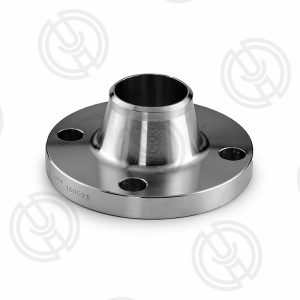
### **Manufacturing Process for Alloy 28 Forged Flanges:**
1. **Forging**:
– The material is heated and shaped into the desired flange geometry using compressive forces. This process enhances the mechanical properties and ensures a uniform grain structure.
2. **Heat Treatment**:
– Solution annealing is typically performed to restore the material’s corrosion resistance and mechanical properties after forging.
3. **Machining**:
– The forged flanges are machined to meet precise dimensional tolerances and surface finish requirements.
4. **Testing and Inspection**:
– Flanges are subjected to various tests, including mechanical testing (tensile, hardness), non-destructive testing (NDT) (ultrasonic, dye penetrant, or radiographic testing), and chemical analysis.
—
### **Advantages of Alloy 28 Forged Flanges:**
– Exceptional corrosion resistance in highly aggressive environments.
– High strength and toughness.
– Suitable for both high-temperature and cryogenic applications.
– Good weldability with proper procedures.
—
### **Considerations for Welding Alloy 28:**
– **Welding Process**: Use low-heat input processes like TIG (GTAW) or MIG (GMAW) to minimize the risk of sensitization and carbide precipitation.
– **Filler Material**: Use matching filler metals, such as ER NiCrMo-3 or ENiCrMo-3, to maintain corrosion resistance.
– **Post-Weld Heat Treatment (PWHT)**: Solution annealing may be required to restore corrosion resistance in the heat-affected zone (HAZ).
– **Welding Procedure Specification (WPS)**: Must be qualified according to standards like **ISO 15614-1**.
—
### **Conclusion:**
Alloy 28 forged flanges are an excellent choice for applications requiring superior corrosion resistance in highly aggressive environments, such as chemical processing, oil and gas, and marine engineering. Their high strength, toughness, and weldability make them a reliable option for critical components. When selecting Alloy 28 flanges, ensure compliance with relevant standards (e.g., ASTM B462, ASME SB462) and work with certified manufacturers to guarantee quality and performance. Proper welding and heat treatment procedures are essential to maintain the material’s corrosion resistance and mechanical properties.

